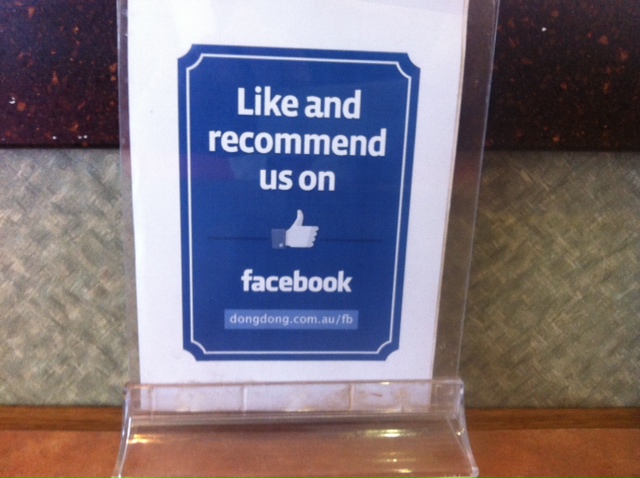Links today have a bit of a social media theme with Twitter co-founder Ev Williams explaining his view that Instagram’s numbers don’t really matter to his business while researcher Danah Boyd explains the complexities of teenagers’ social media use.
Apple’s patents and why the tech industry is firing, not hiring, round out today’s stories.
Feel the width, not the quality
Twitter co-founder Ev Williams attracted attention last month with his comment that he couldn’t care about Instagram’s user numbers, in A Mile Wide, An Inch Deep he explains exactly what he meant at the time and why online companies need to focus more on content and value.
Apple gets patent, GoPro shares drop
One of the frustrations with following the modern tech industry is how patents are used to stifle innovation. How an Apple patent for something that seems obvious caused camera vendor GoPro’s shares to fall is a good example.
Why is the tech industry shedding jobs?
Despite the tech industry’s growth, the industry’s giants are shedding jobs. This Bloomberg article describes some of the struggles facing the tech industry’s old dinosaurs.
An old fogey’s view of teenagers’ social media use
Researcher Danah Boyd provides a rebuttal of the story about young peoples’ use of social media. “Teens’ use of social media is significantly shaped by race and class, geography and cultural background,” she says. Sometimes it’s necessary to state the obvious.



